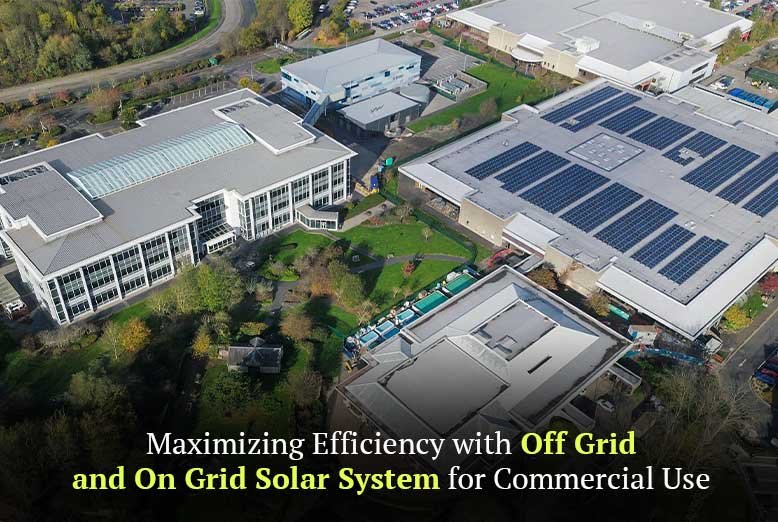Every event uses technology to some degree. Technology is everywhere, from sports events to concerts, cultural celebrations, and weddings. It’s needed not only in marketing events but also for event coordination operations and to maintain safety and security. The format, size, and type do not matter. The technology used in event planning decides, in many cases, how successful, safe, and efficient a given day is.
Here are some tools, apps, hardware, and software for event planning.
Diagramming Software
Early in the event planning stages is the need to define the layout. For this, 3D event diagramming software can be beneficial. It allows an event planner to visualize specific exhibits, define seating and lighting, set up decor and other room elements, see where registration and foot traffic are, and understand how to build your room up according to safety, security, and user-centric efficiency.
Ticketing and Registration
Technology is used to accept tickets and register attendance by scanning. This is required to ensure that an event is not over-populated and verify the authenticity of tickets. Scanning software is utilized in this instance.
Event Security Technology
Event security is crucial. An event needs to be safe for guests and attendees. Depending on the event, this often requires more than access control cards. You can implement security personnel on-site, or gun detection technology to identify concealed weapons without invasive searching. Additionally, install CCTV security cameras for widespread monitoring. These elements can secure events large and small, ensuring threats are discouraged, mitigated, and minimized.
RFID Wristbands
If your event has multiple sessions, sections, or events requiring their subsection of tickets, use RFID wristbands to scan attendees and prevent the hassle of searching each person for authentication. A quick scan lets an attendee in. It’s fast. It controls security access. RFID wristbands also produce data on attendee behaviours that event planners can use after the day is over to improve future events.
Digital Photo Booths
A digital photo booth or digital photo-taking experience of some kind increases the marketability of your event. Attendees won’t always have to take out their smartphones to snap photos. The photos and videos taken are also likely to be shared on social media post-event, increasing your exposure and allowing you to build more interest.
Access Control Cards And IDs
Those working an event usually have ID badges, fobs, or access control cards that allow authorized access sans a ticket. An access control system is integral to managing event security as it prevents unauthorized personnel from gaining access or non-ticket-carrying individuals from entering.
Live Translation for Non-English Speakers
Language barriers exist. An event planner may offer live translation services if an event is hosted with individuals of multiple languages. This can be done through earpieces, virtually, or even through AI in some cases.
Project Management Apps for Workers
You will likely want to use project management software to iron out strategies and details with all stakeholders working on the event and involved in the planning stages. Project management apps, such as Asana or ClickUp, can help assign tasks to workers, clarify roles and responsibilities, and formulate plans to appropriately run an event from the bottom.
Email Marketing Apps for Attendees
As attendees buy tickets and confirm attendance, they are often asked for their email. With this, attendees can be sent instructions for the event, be advised of what to expect, and have a way to contact someone to get questions answered if there are any.
QR Codes for More Information
Especially at trade shows and business events, QR codes can offer more information on a vendor or exhibit, connect an attendee with their website, or enhance the event experience in various ways.
Event Marketing Software & Apps
An event in planning has to factor in how it will be marketed. In marketing an event, it’s not uncommon to create a website, launch social media and digital marketing campaigns, engage with email marketing, and send out messaging blasts in the lead-up to the big day.
Broadcasting & Recording Equipment
An event will typically require some sort of audio-visual component with the right equipment accessible. Sometimes, an event may be recorded for posterity, requiring more technology. In planning the event, one must also configure where this equipment will sit and how that might impact attendees’ enjoyment.
Stage Technology to Provide Excitement
Stage tech can be as simple as lights, a microphone and PA, and a screen. It can also get very complex with drones, holograms, mixed reality displays, and more immersive presentation elements. So long as the budget is available, there is no limit on what one can do with stage technology to make an event into something extraordinarily special.
ALSO READ: 10 Best Event Management Companies around the World















